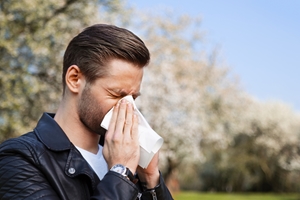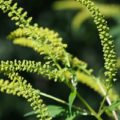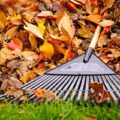
If you're already sick of allergies, you're not alone. Michael Foggs, MD, president of the American College of Allergy Asthma and Immunology, said there's no difference between spring, summer and fall allergy symptoms. They're all a nightmare.
"Summer allergies can cause severe symptoms for some sufferers, and can be just as bad as the spring and fall seasons," said Foggs, according to the ACAAI. "Symptoms aren't always limited to the hallmark sneezing, runny nose and watery eyes. Black eyes, lines across the nose and other cosmetic symptoms can occur."
Here's what you'll have to deal with this summer:
1. June
Depending on where you live in the country, June is a key time of year for grass allergies. While grasses emerge from their winter slumber months prior, dry weather typically sets in around this time. Rainfall amounts and temperature swings can increase or decrease pollen levels.
2. July
Once July hits, seasonal allergies may subside. However, even if you're not coughing and sneezing a lot, don't stop taking your medication! It's important to keep your body well protected all year long. Once you stop taking your medication, your body has to readjust to it once you begin taking it again. This process could take weeks.
3. August
Have you ever started sneezing uncontrollably during an evening in August? That's because mold and ragweed become more of a nuisance. To protect yourself, keep your home's windows closed and turn on the AC unit.
Feel confident in the type of allergy products you purchase. Your health depends on it! Check out what our customers have had to say about their successful experiences with Allergy Be Gone's products. And, for more allergy solutions, visit our online store or contact us today.









